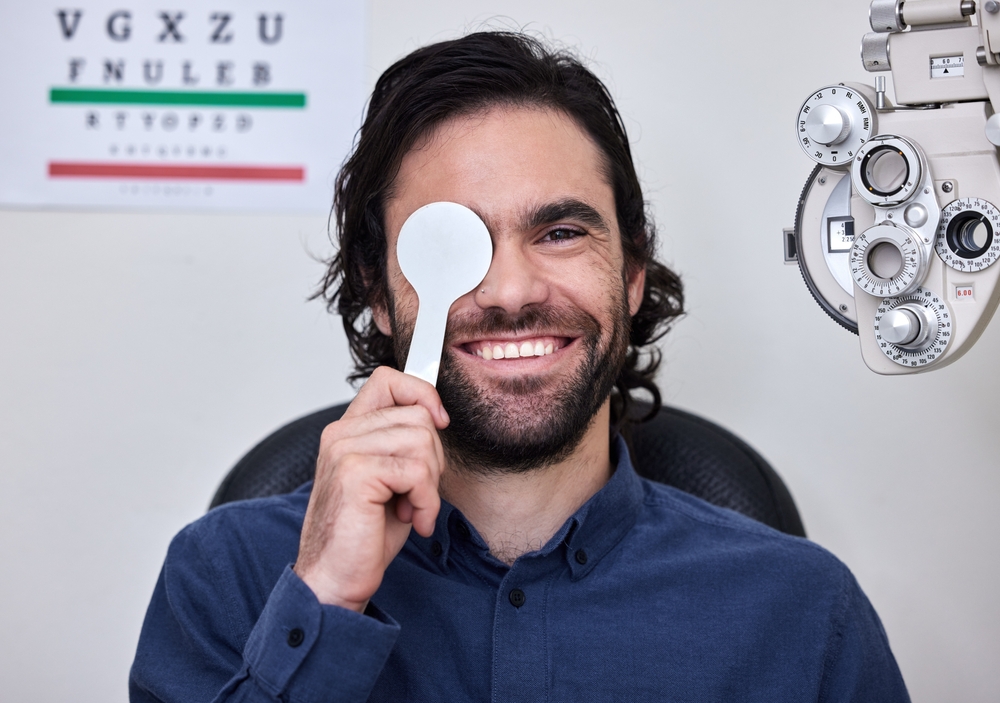Comprehensive eye exams are a crucial component of maintaining good eye health. During the sessions, your eye doctor will evaluate your eye health and vision. The results will help them identify problems and give the appropriate recommendations and treatment.
Experts recommend that adults receive a comprehensive eye exam every one to two years, depending on overall eye health, risk factors, and age. Here is what to expect from a comprehensive eye exam.
Pre-exam Evaluation
Before your eye exam, your doctor or technician will ask about your medical history. It will include your current health condition, medications you take, and family history of any eye disease.
They may also ask about your lifestyle and daily habits to identify factors impacting your eye health, like diet or smoking. The information will help your eye doctor determine if you risk developing certain eye conditions. It will also help them tailor the eye exam to your needs.
Visual Acuity Testing
Your eye doctor will test your ability to see objects at different distances through visual acuity testing. They will ask you to read numbers or letters on a chart. What you read will gradually get smaller as you move down the chart. The test will determine if your current prescription needs updating or if you need corrective lenses.
Refraction Testing
Your eye doctor will undertake this test to determine the exact prescription for your corrective lenses. They will ask you to look through a device called a phoropter as they switch between different lenses. The results will provide the combination best for the clearest vision.
Eye Movement and Alignment Tests
Your eye doctor will evaluate how well your eyes move and work together. It will involve asking you to follow an object with your eyes, testing your peripheral vision, or checking for any problems with depth perception. The results will indicate if you have muscle imbalances or problems that could cause vision issues.
Eye Health Evaluation
An eye health evaluation is crucial in a comprehensive eye exam. Your specialist will examine the inside and outside of your eyes. They may use different techniques and instruments to look for signs of macular degeneration, glaucoma, or cataracts. Your eye doctor may also dilate your pupils for a better view of your eyes.
Tonometry Testing
Tonometry testing will measure the pressure inside your eye to check for signs of glaucoma. Increased eye pressure can result in irreversible vision loss if left untreated. During the test, your eye doctor will gently touch your eye using a unique instrument. They can also blow a puff of air onto your eye to measure pressure.
Additional Testing
Your eye doctor can recommend additional testing based on the results of the comprehensive eye exam. For example, individuals with a risk factor or a family history of eye diseases may need specialized tests like genetic testing. If you have eye infections or dry eye syndrome, your eye doctor may perform additional tests or prescribe specific treatments.
For more about a comprehensive eye exam, visit Abraham Eye Associates at our Villanova, Pennsylvania office. Call (484) 209-0800 to schedule an appointment today.




